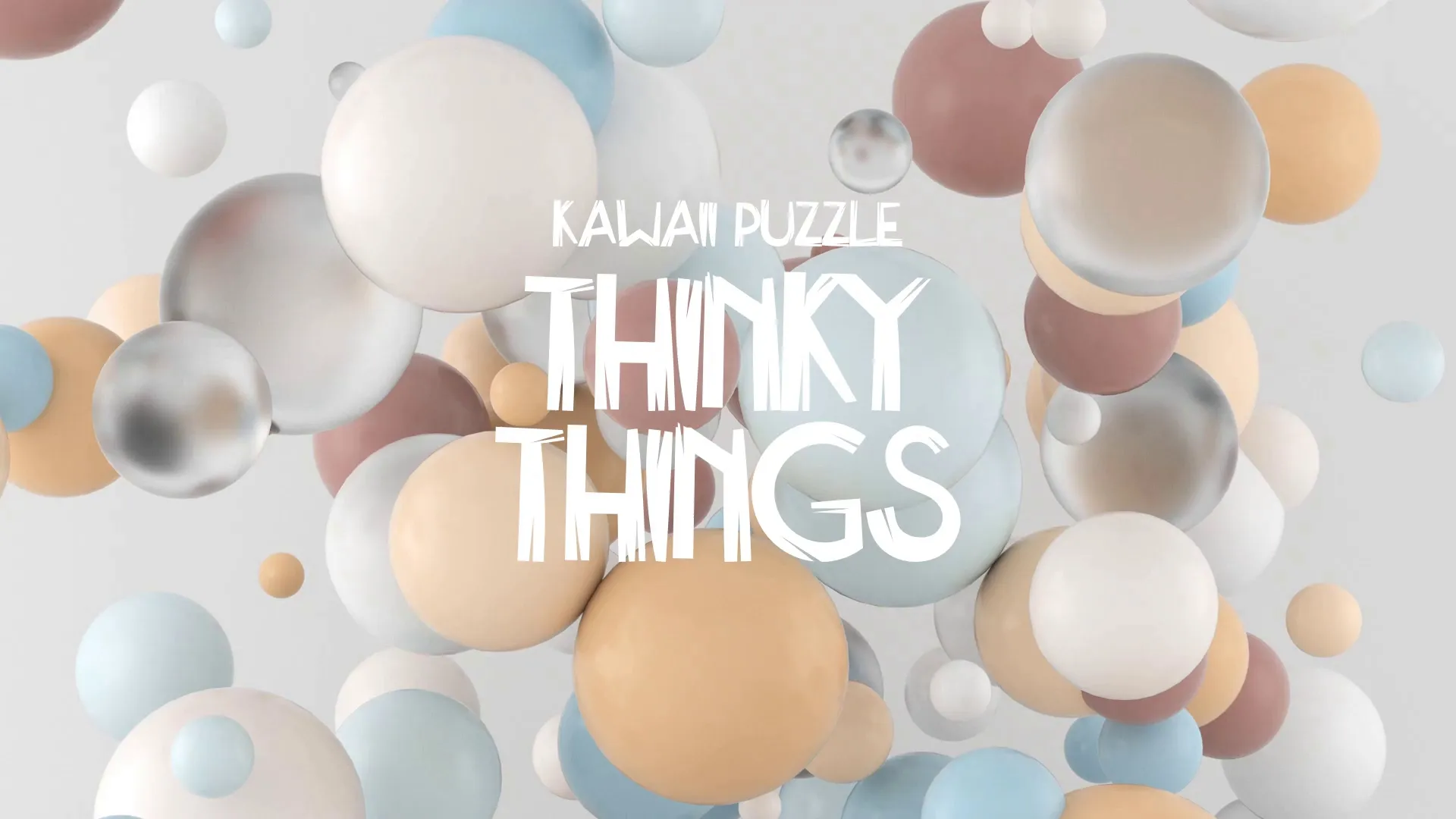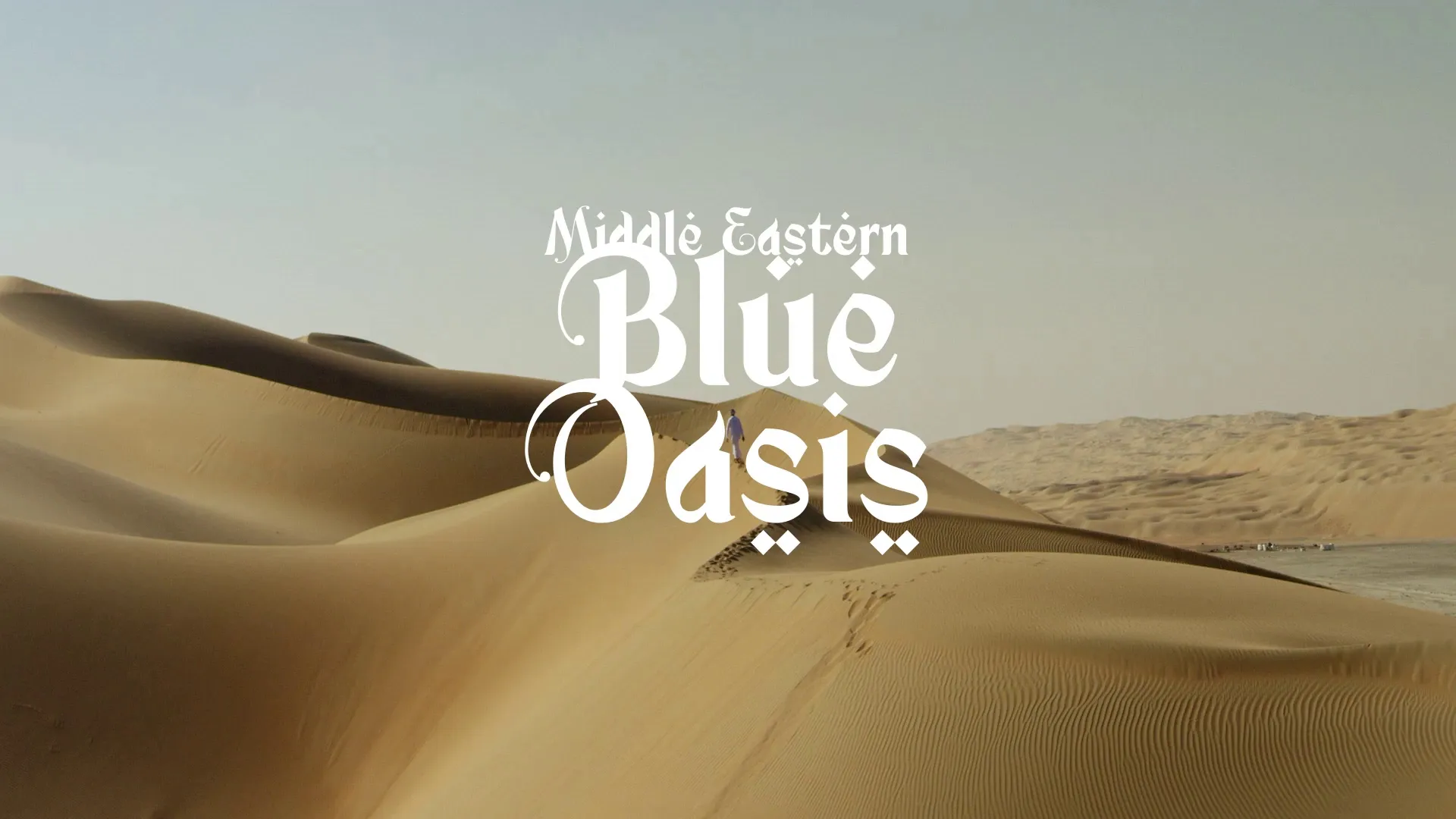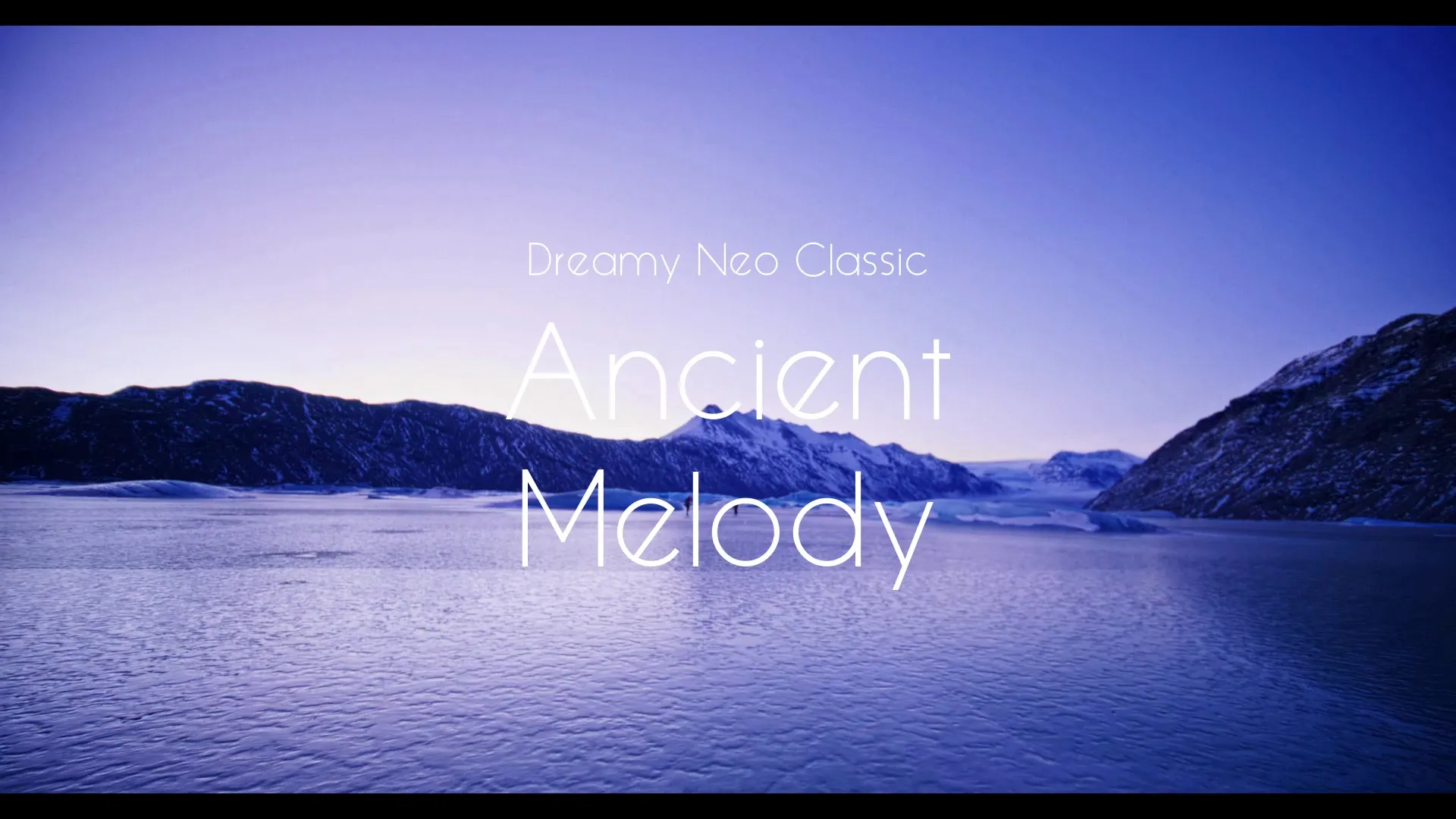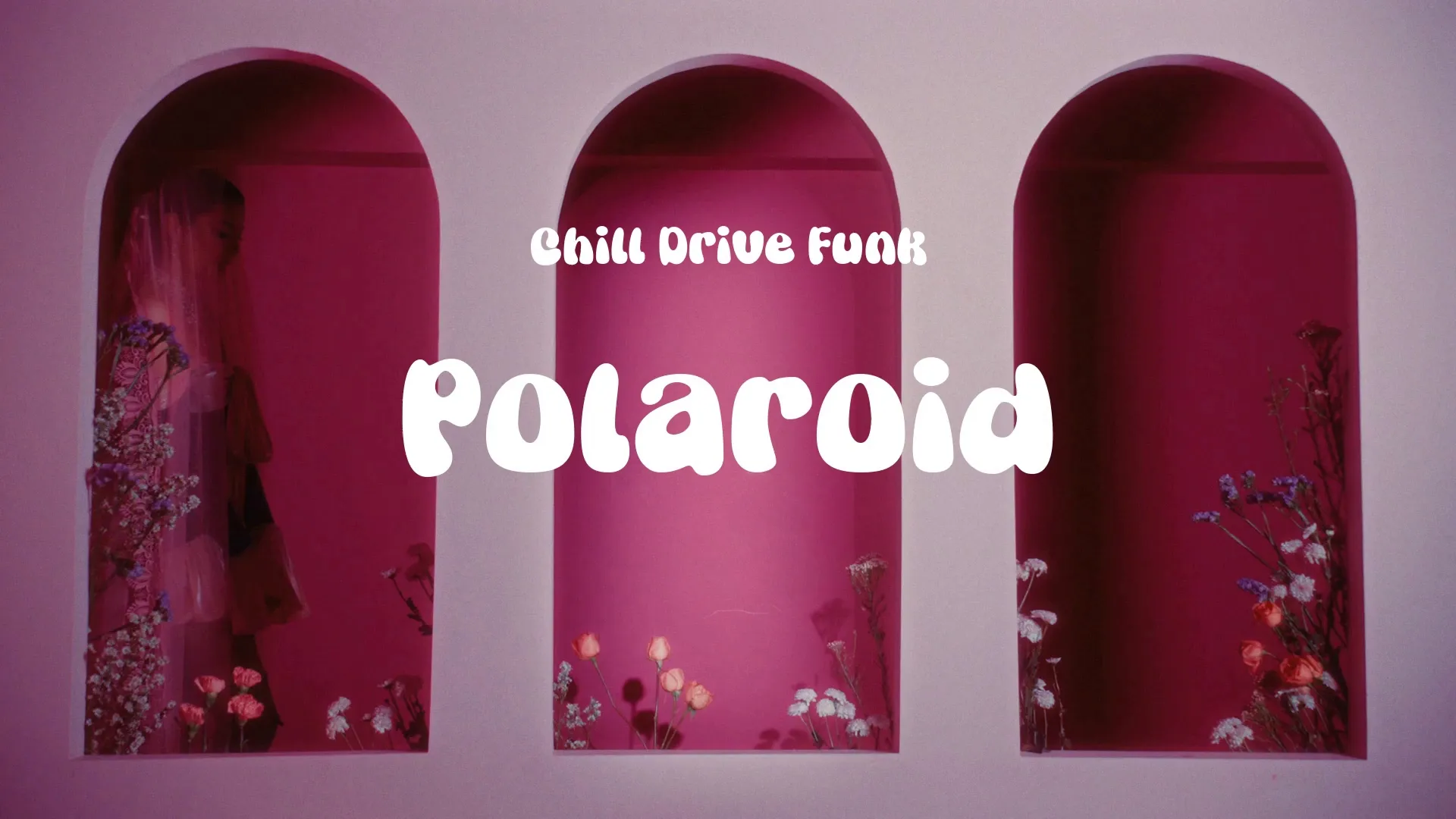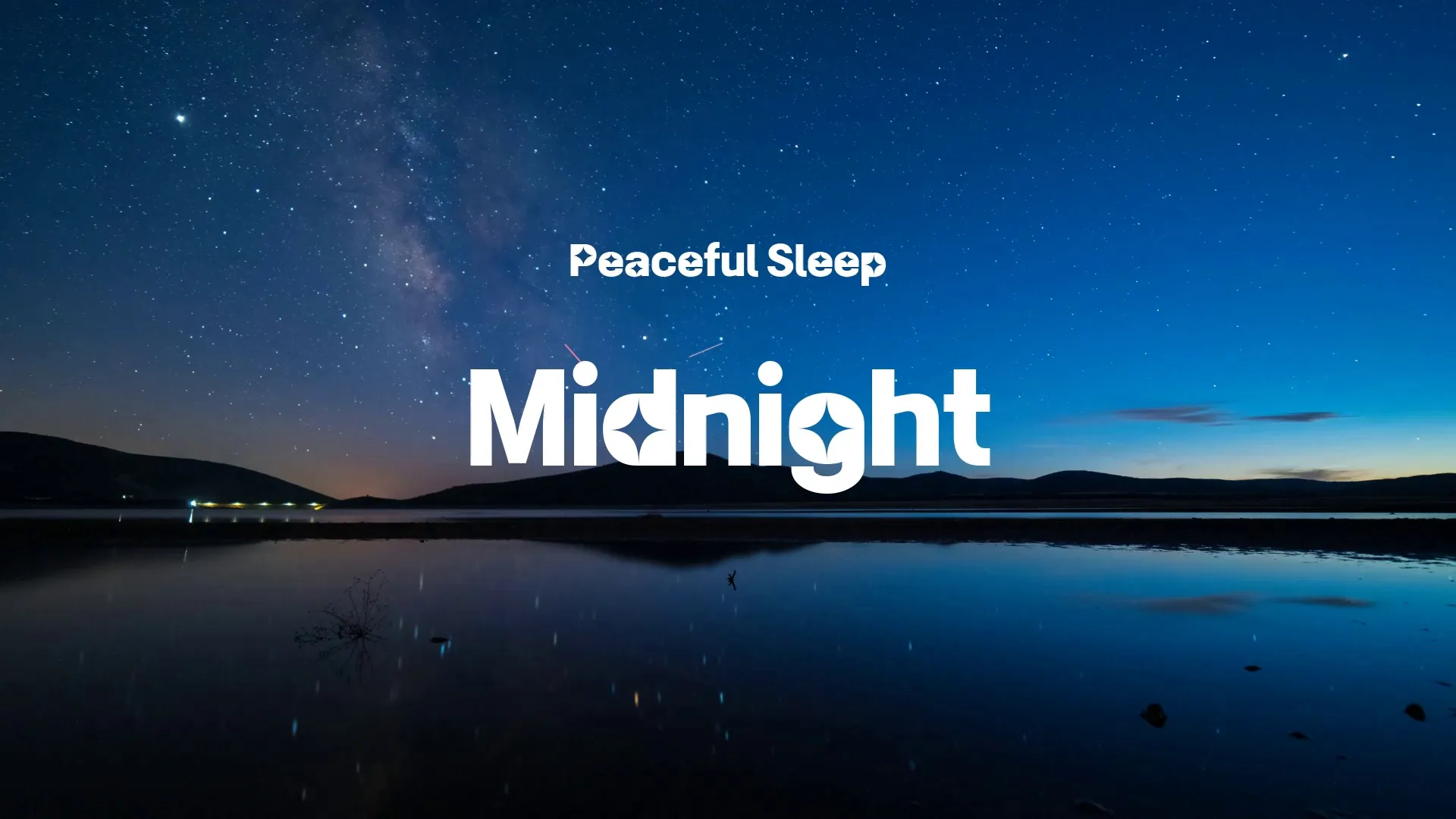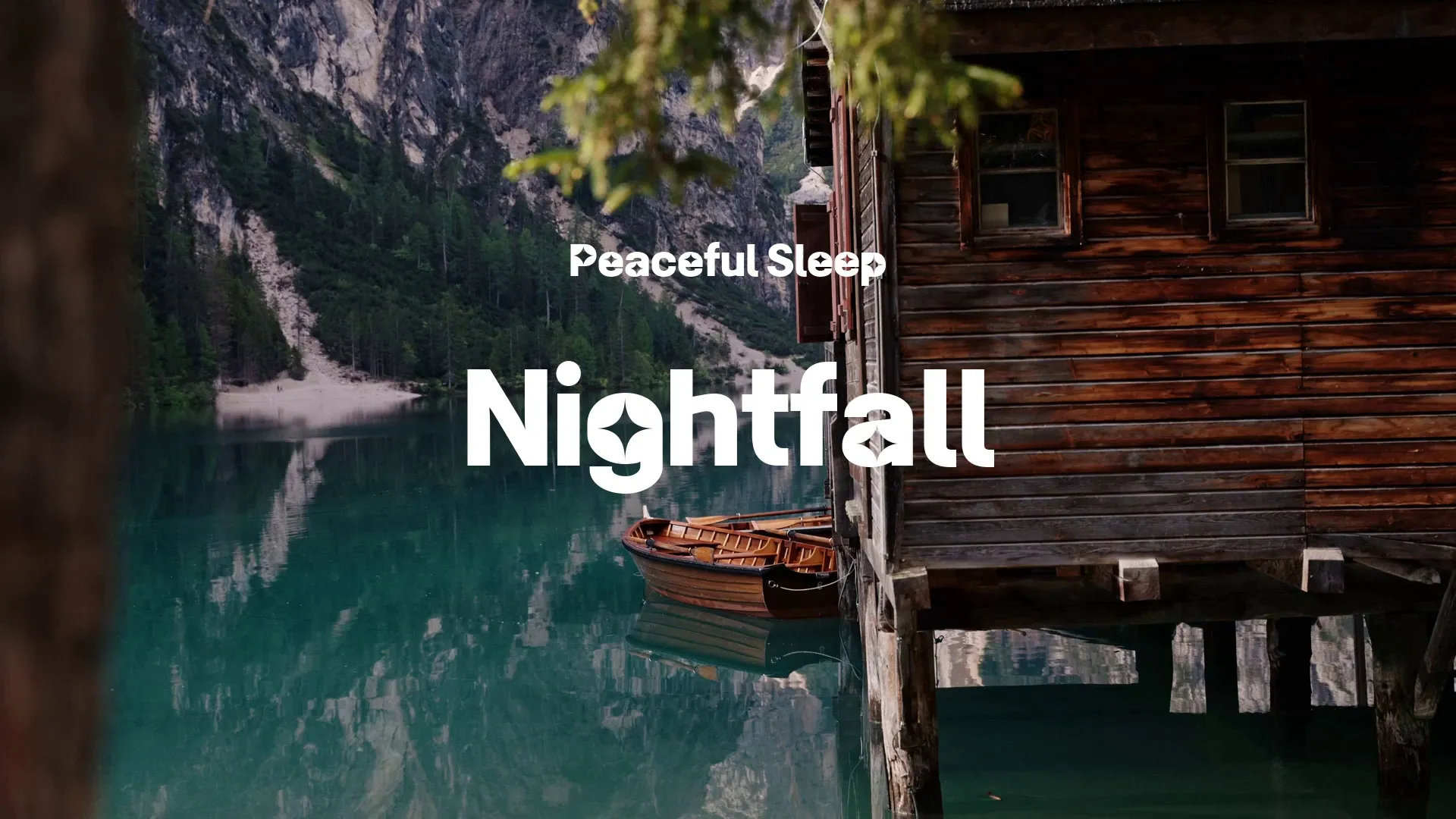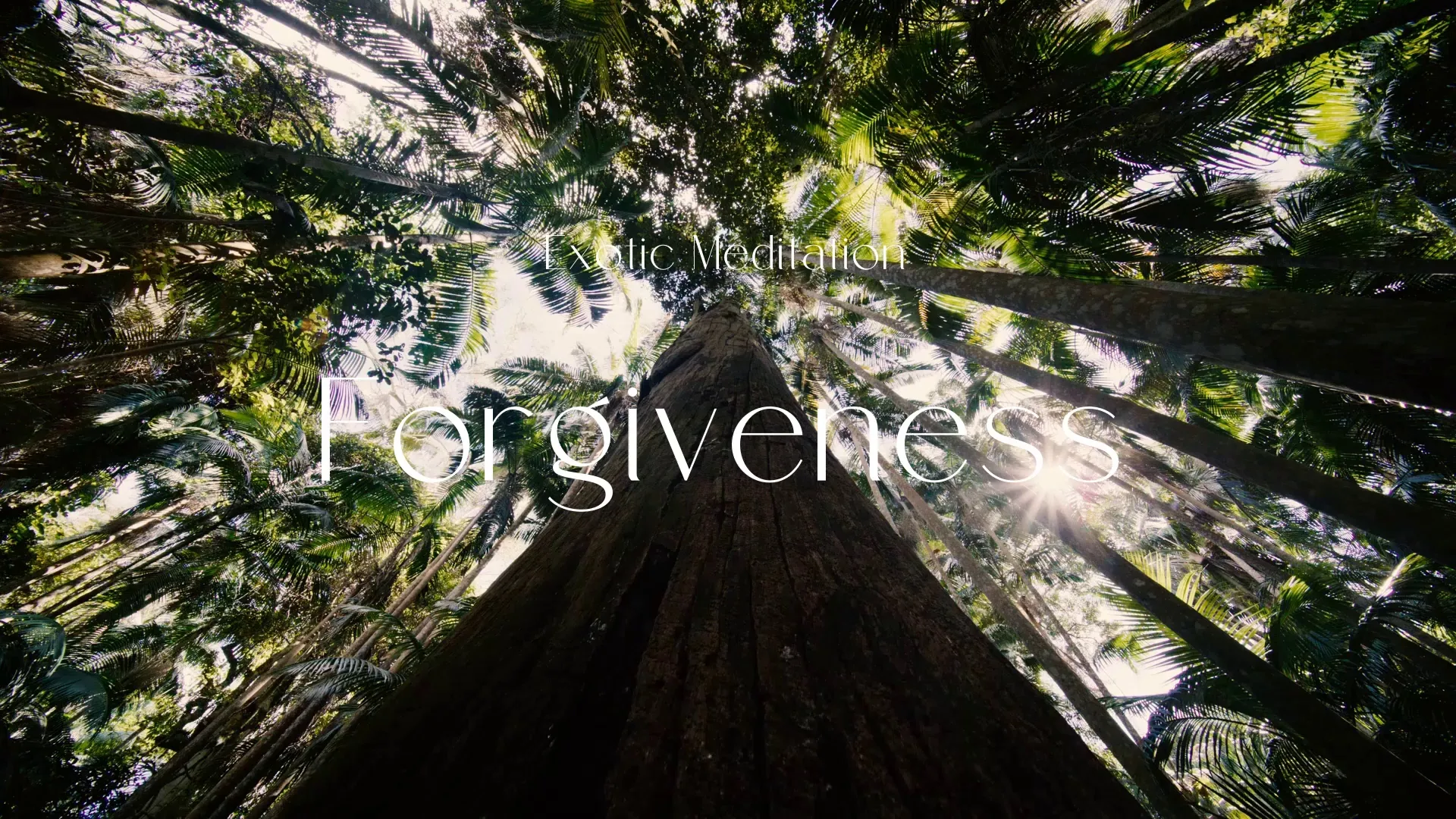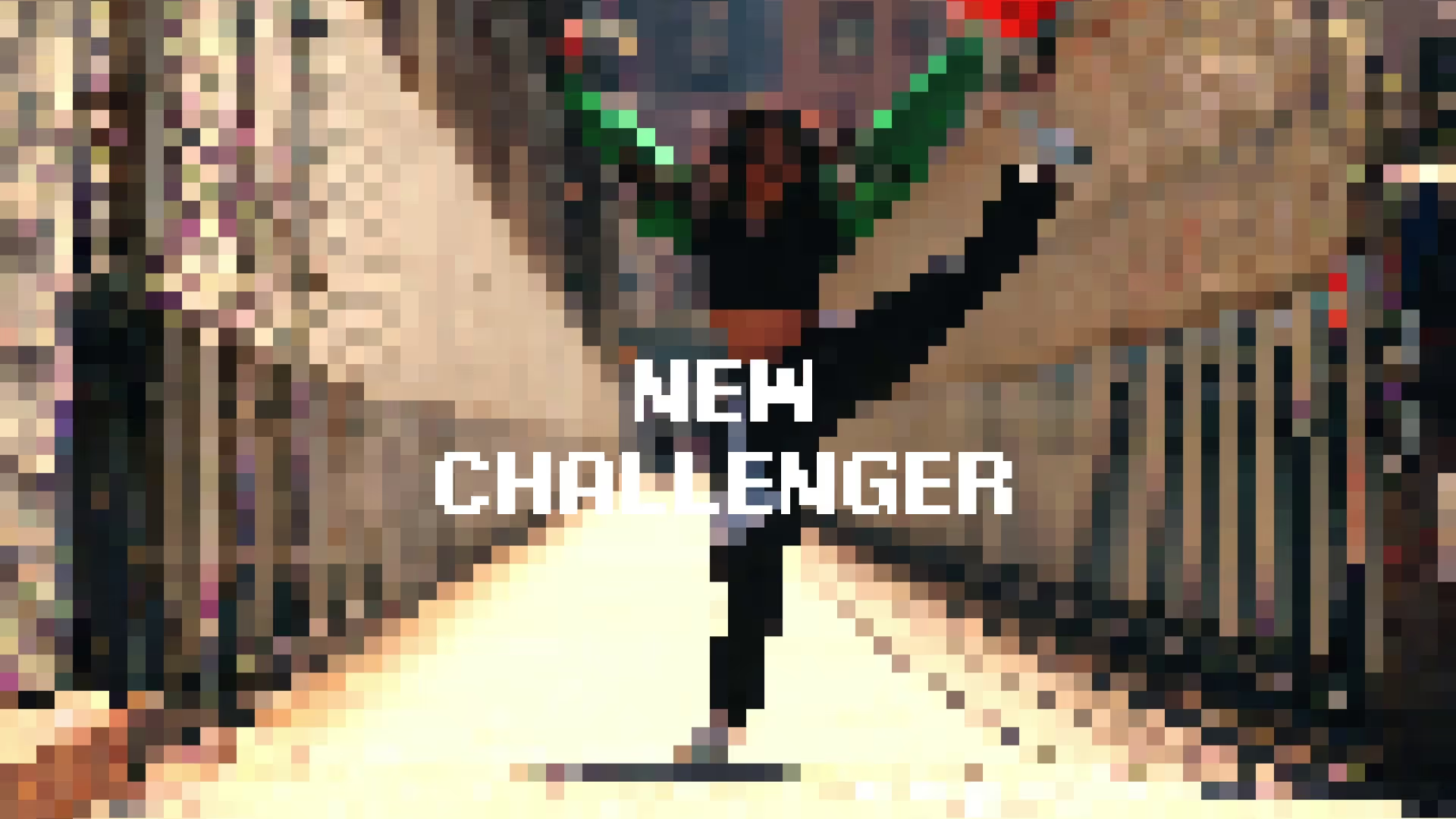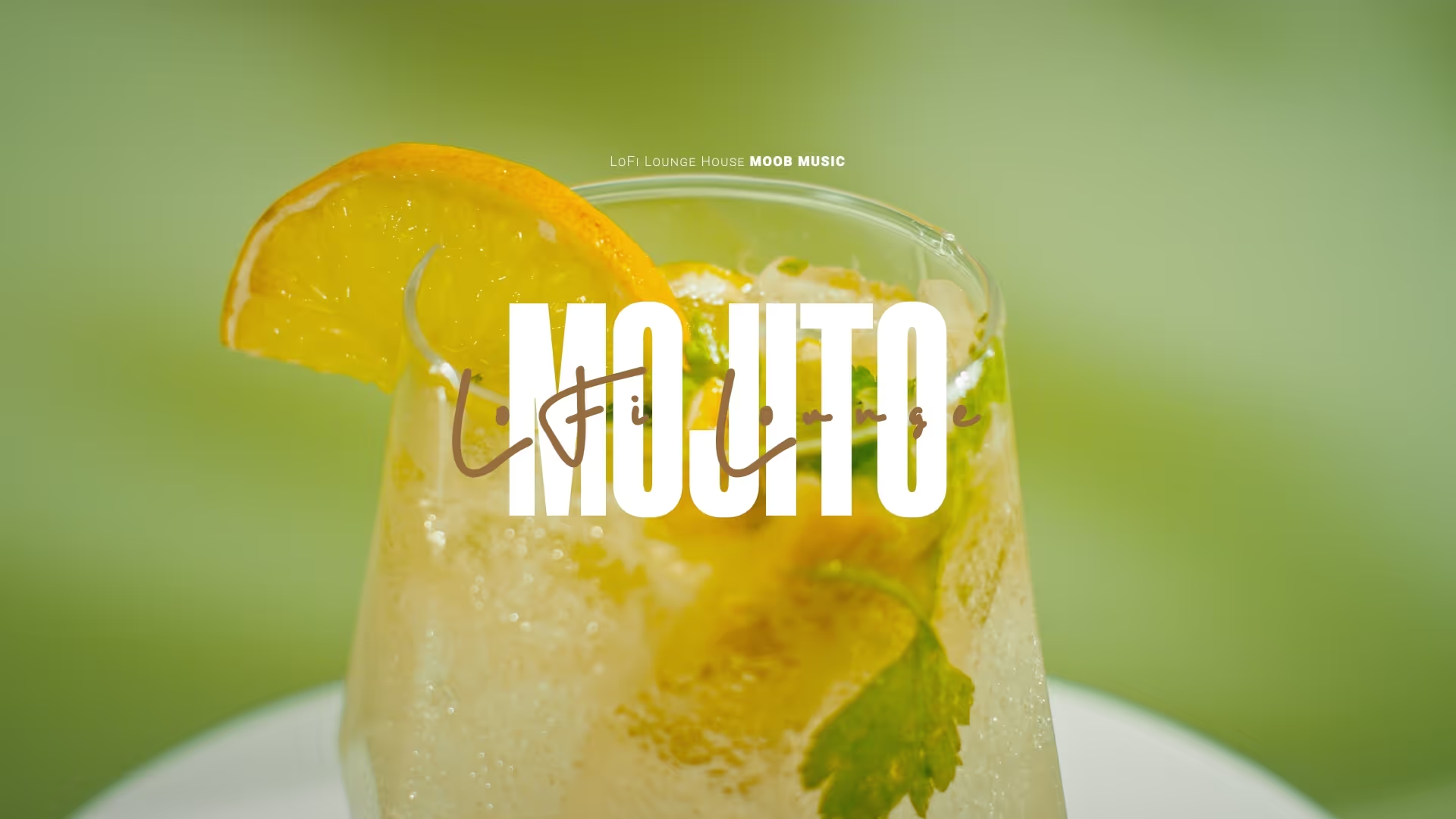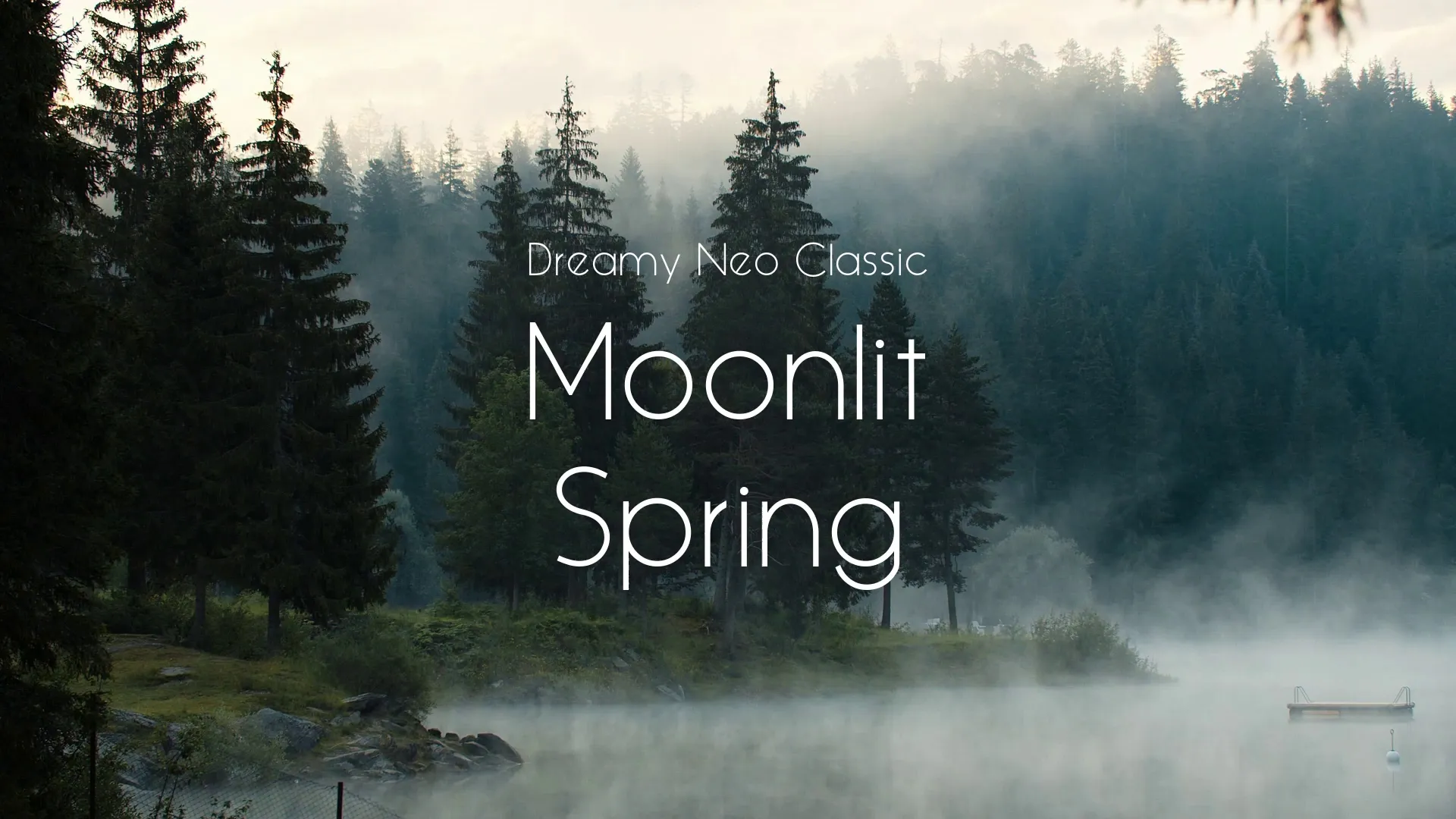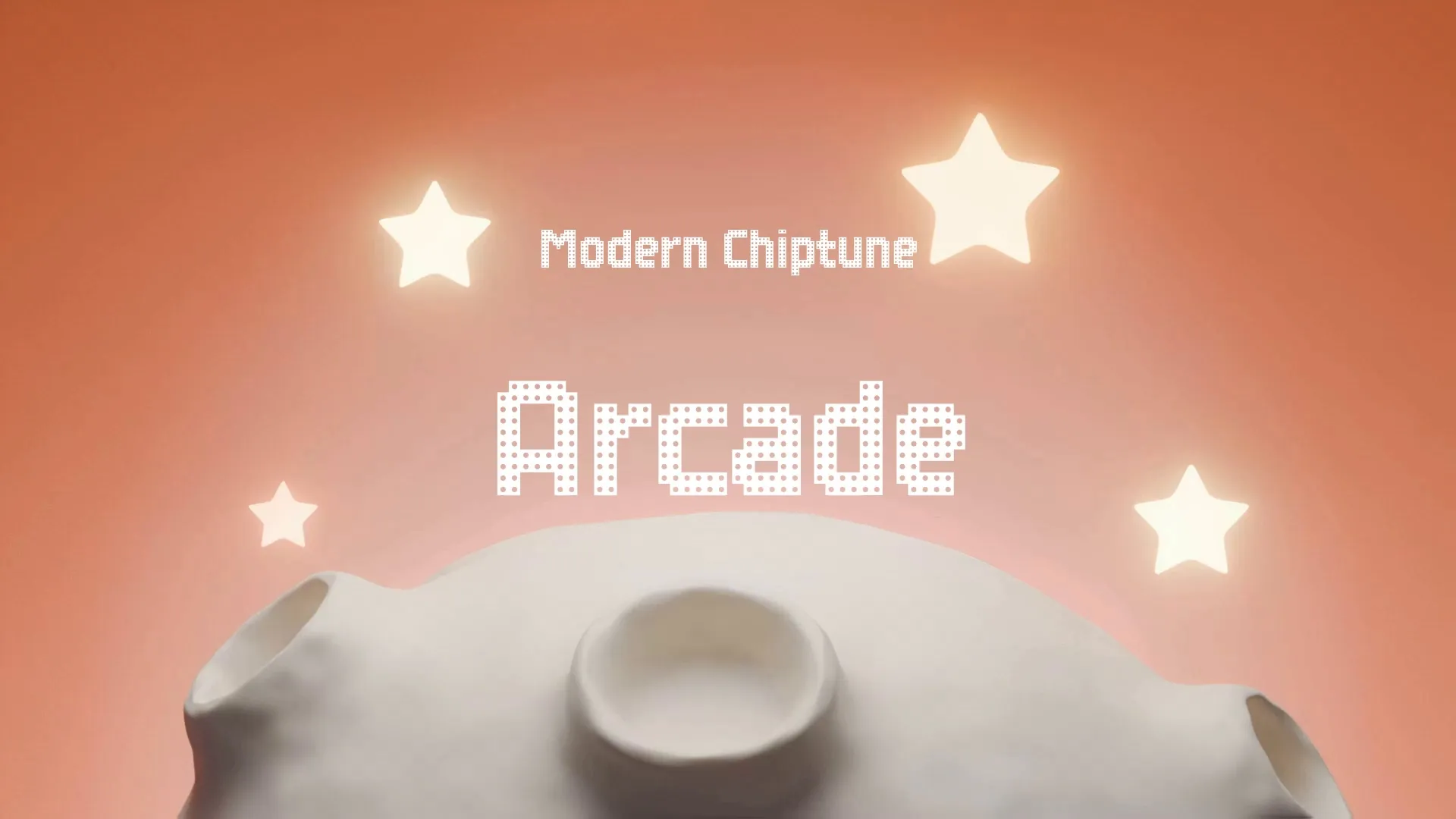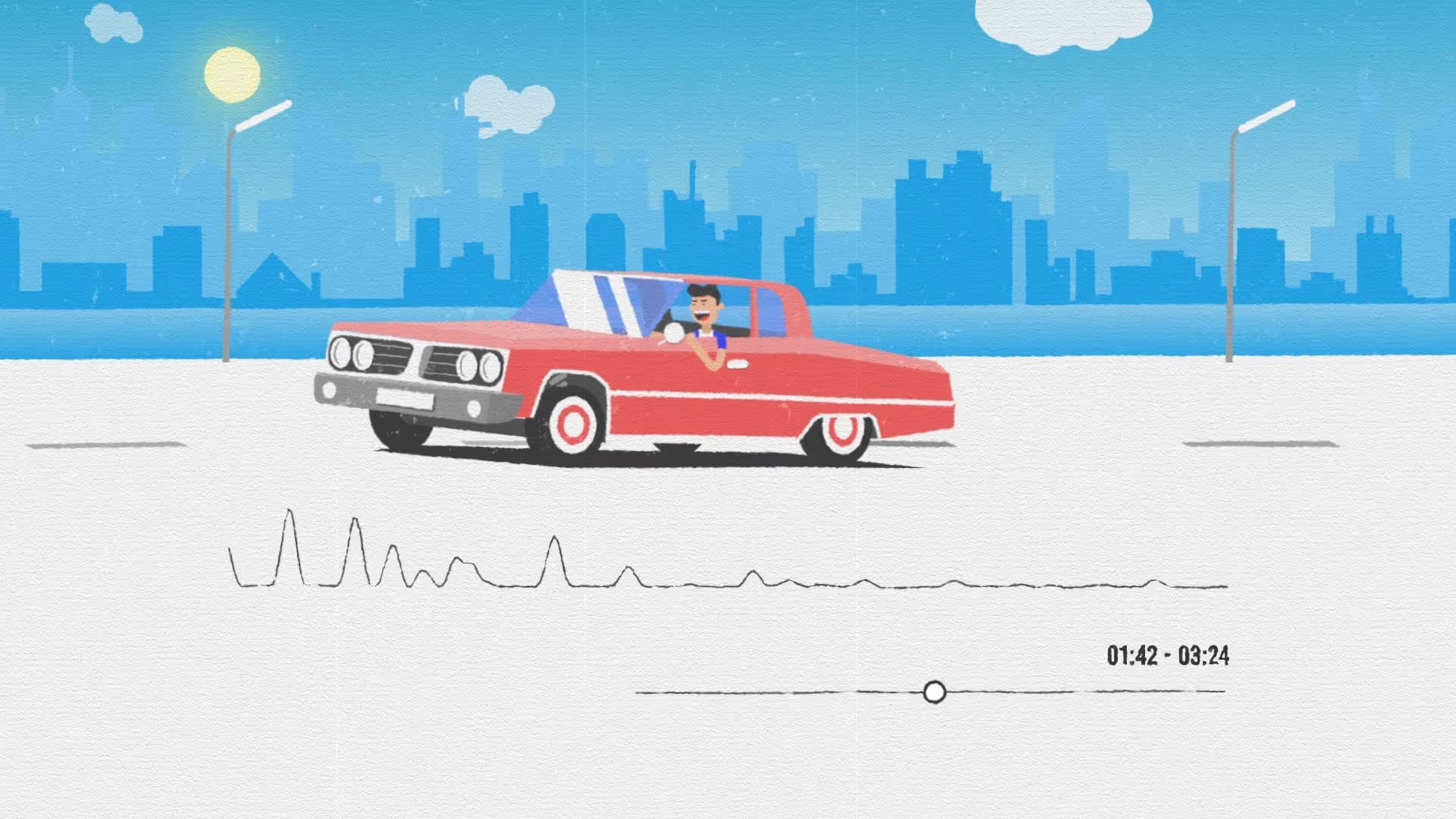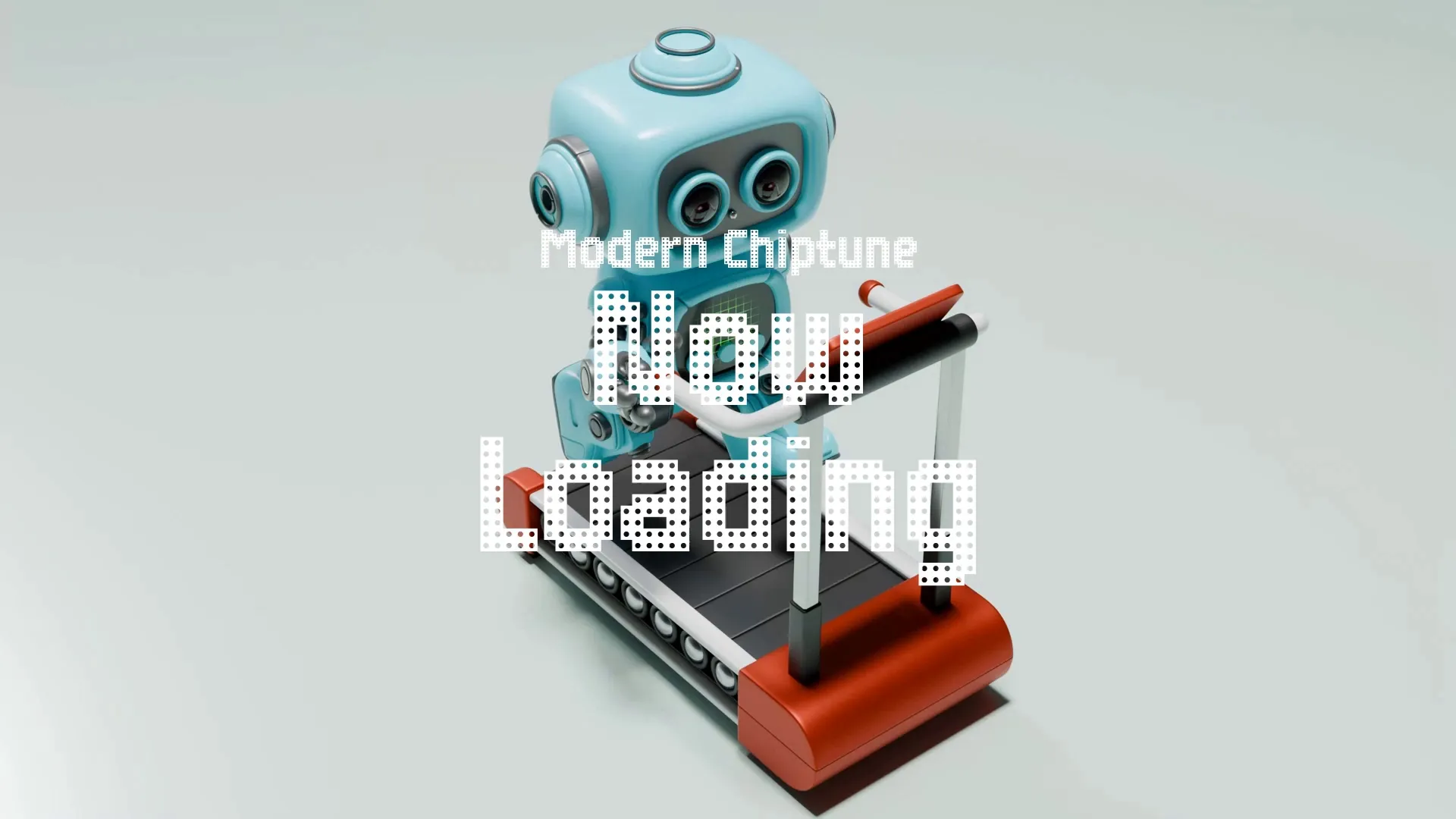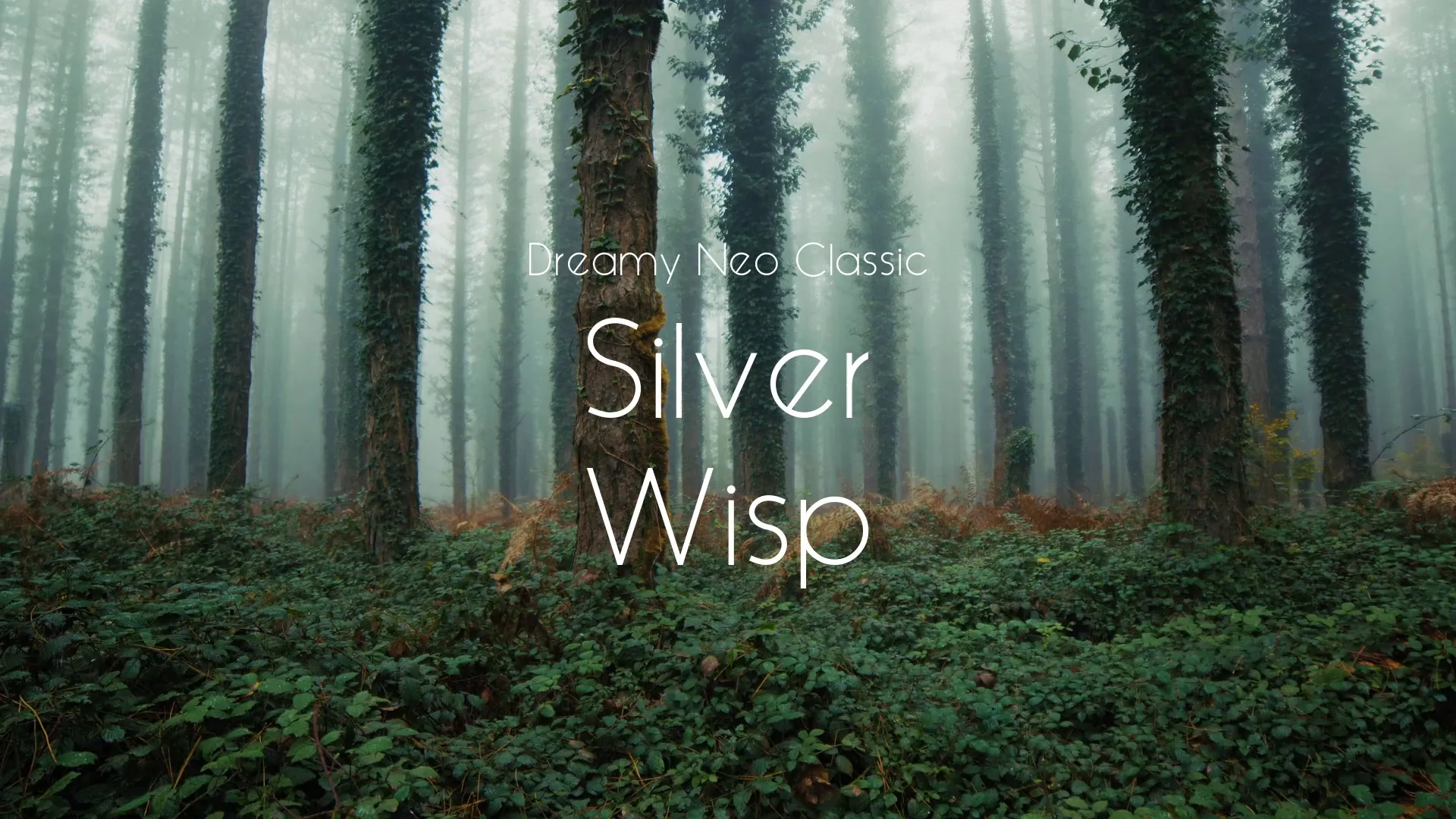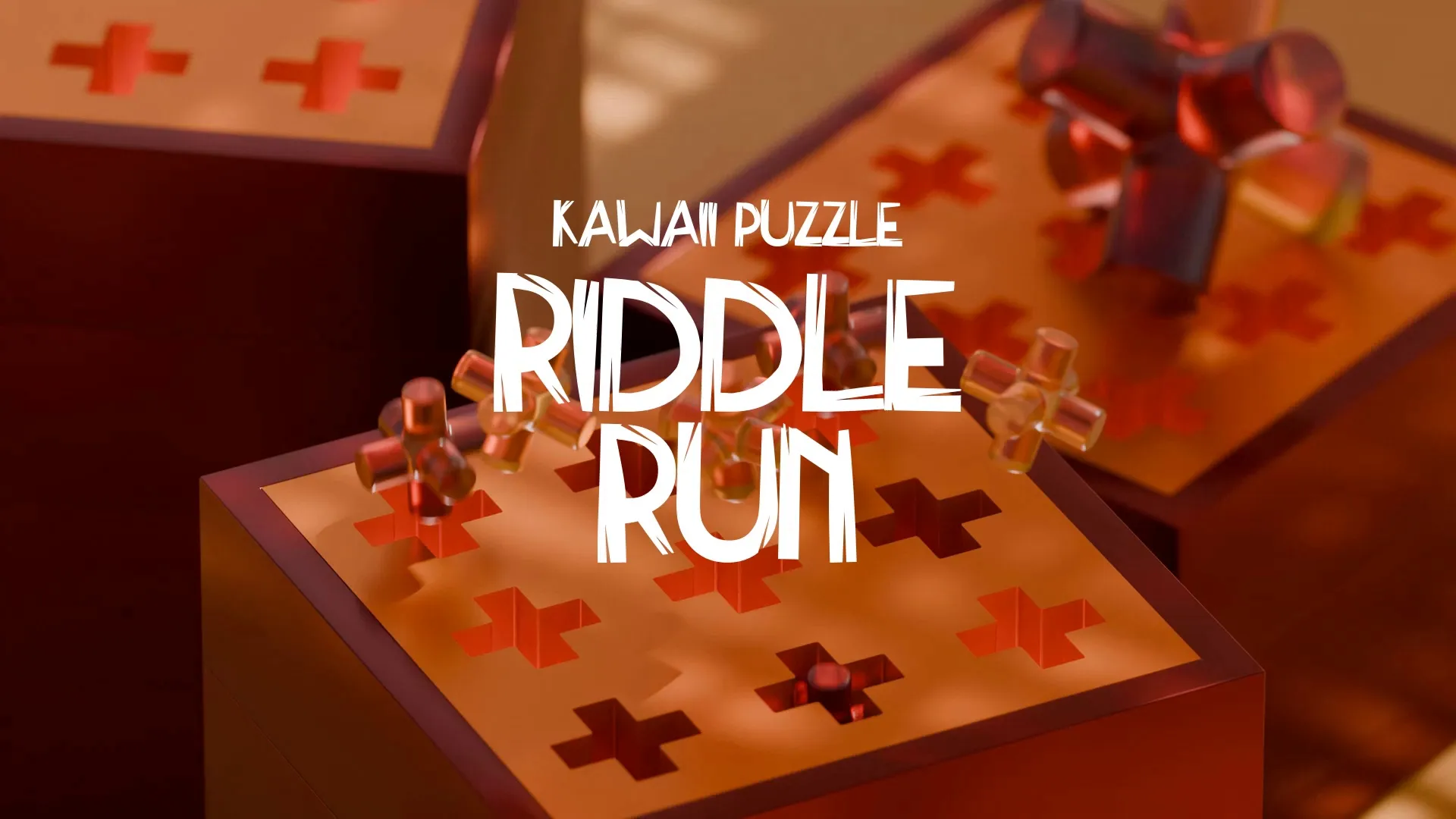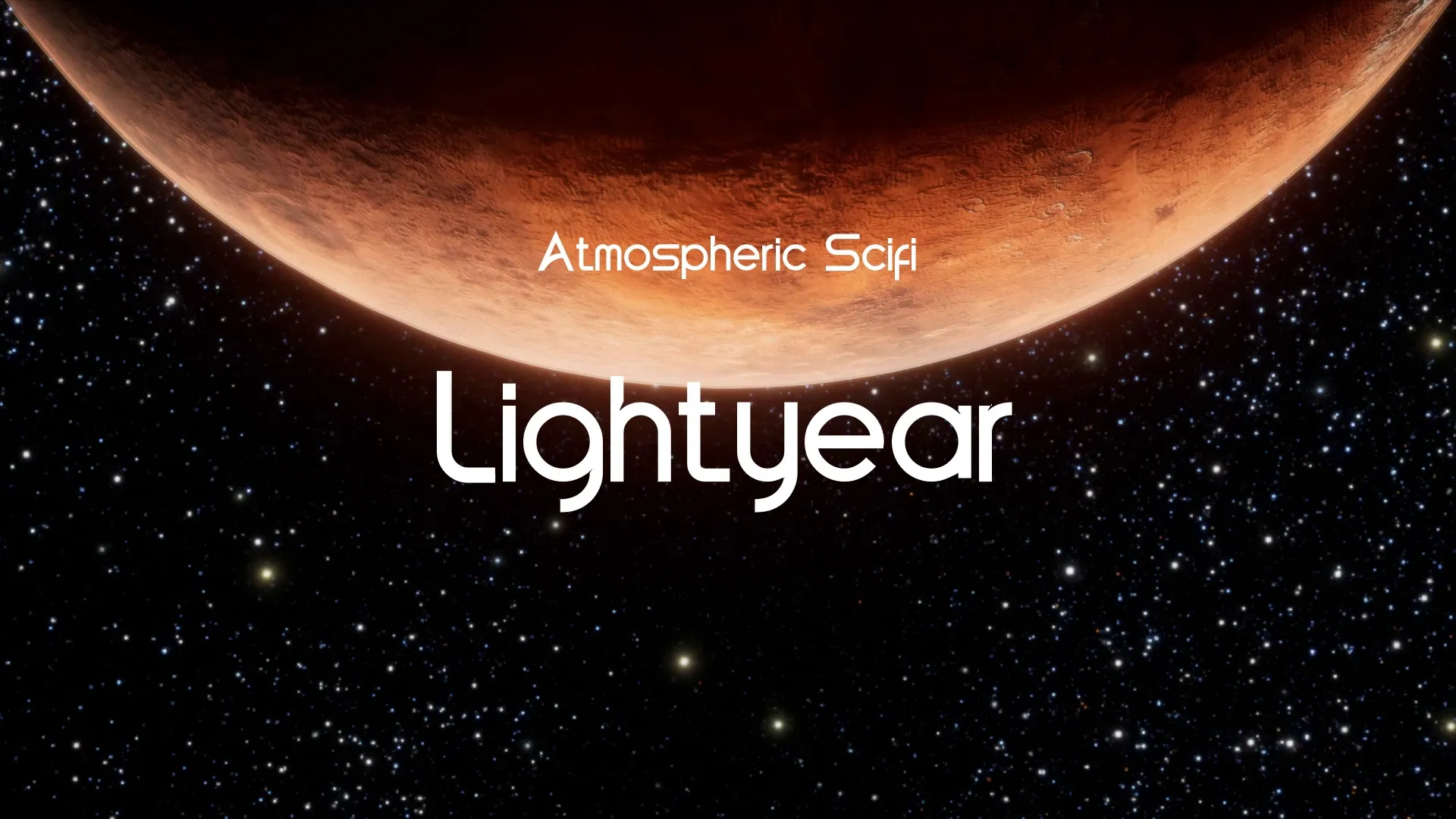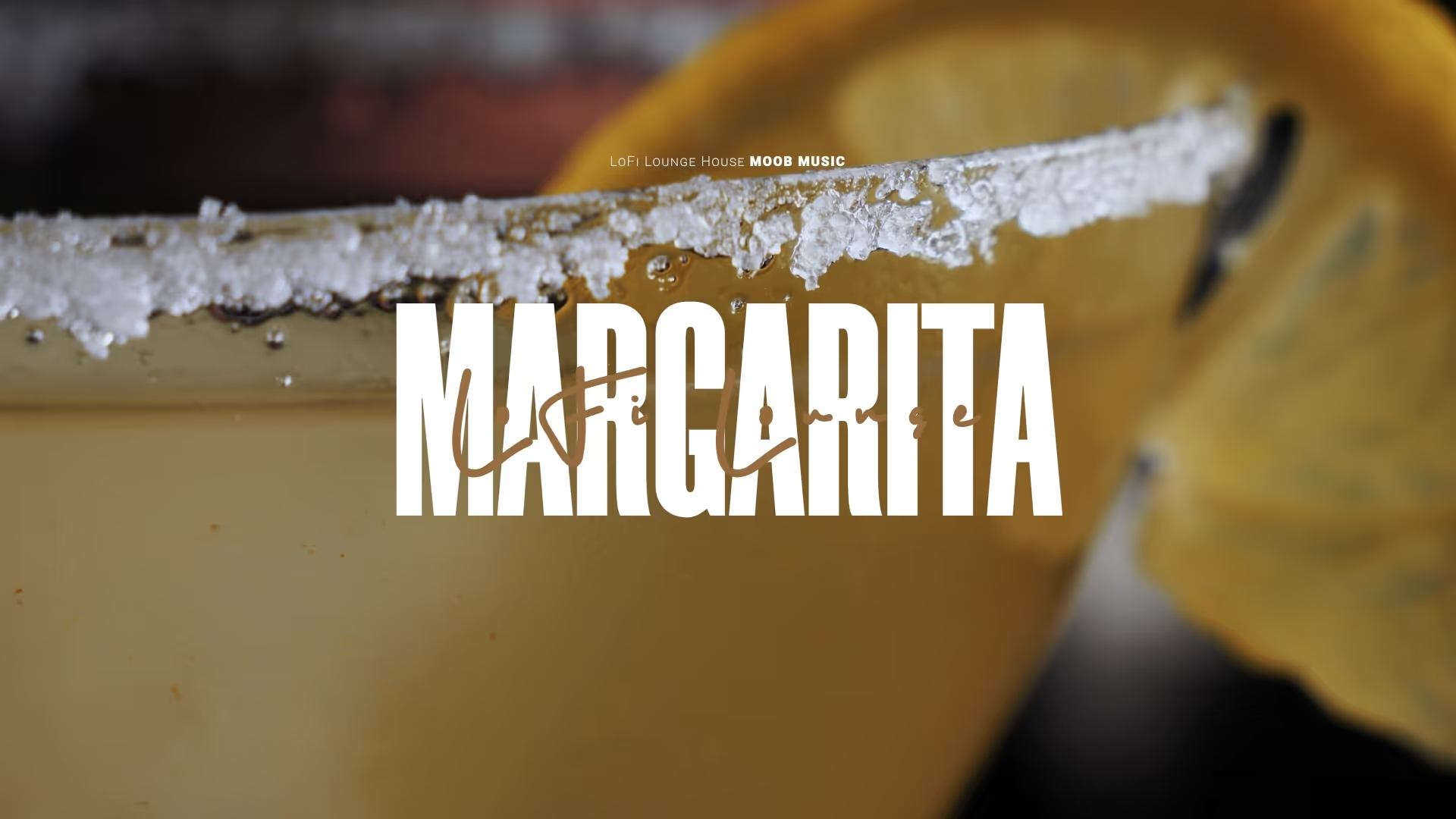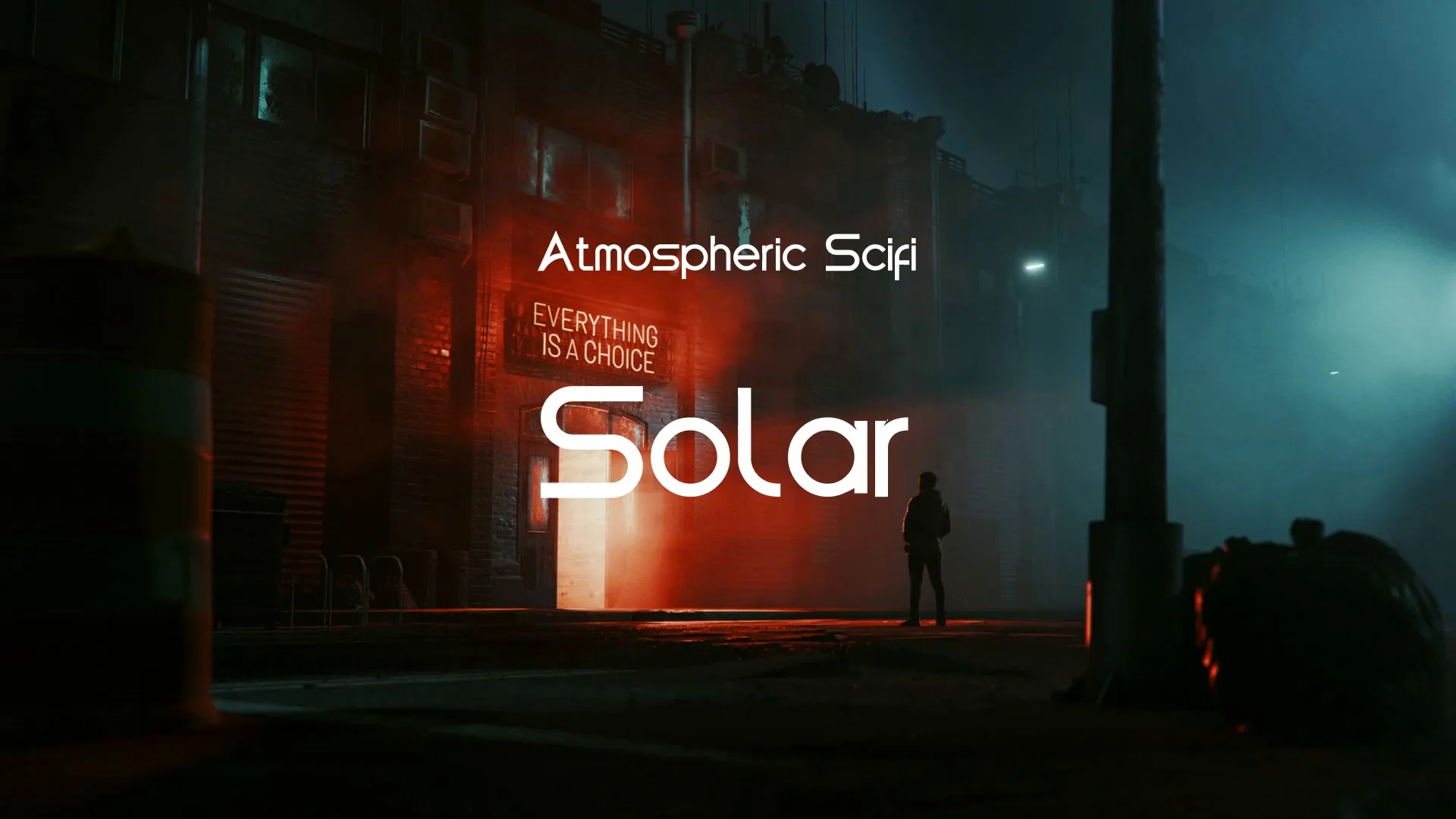Finding Your Creative Flow: Motivation, Self-Care, and Productivity for Game Developers
Game development demands consistent creative output and sustained effort. Maintaining motivation, prioritizing well-being, and optimizing productivity are crucial for long-term success. This article outlines practical strategies for indie developers to cultivate a robust creative flow.
Understanding Your Motivation Triggers
Motivation for indie game creators often fluctuates, impacted by project scope and external pressures. Identify what truly drives your passion for game development beyond initial excitement. Reflect on the core reasons you started making games.
Set clear, achievable milestones rather than focusing solely on the grand final vision. Breaking down large tasks into smaller, manageable steps provides a continuous sense of accomplishment. This approach also helps in tracking progress effectively, a key aspect of maintaining development momentum.
Cultivating Self-Care Habits
Self-care for game developers is not a luxury; it is a necessity for sustained creative work. Neglecting physical and mental well-being leads to burnout and diminished output. Establish non-negotiable breaks throughout your day.
Incorporate physical activity into your routine, even if it is just a short walk. Regular exercise improves cognitive function and reduces stress, directly impacting your ability to problem-solve and innovate. Adequate sleep is equally vital for creative thinking and focus.
Practice mindfulness for programmers and developers to manage stress effectively. Simple breathing exercises or short meditation sessions can clear your mind and improve concentration. Consider using a tool like Wayline’s Journal for daily reflection and AI feedback, which helps in staying focused and motivated.
Enhancing Productivity Habits
Productivity habits for indie devs are essential for turning ideas into playable experiences. Eliminate distractions by creating a dedicated workspace and setting specific work hours. Multitasking often reduces efficiency rather than increasing it.
Prioritize tasks using methods like the Eisenhower Matrix or Kanban boards. Focus on high-impact activities that move your project forward most significantly. Wayline’s Momentum task tracker is designed to keep your projects moving and maintain focus, ensuring consistent progress.
Regularly review your workflow to identify bottlenecks and inefficiencies. Experiment with different tools and techniques to find what works best for your specific development style. Continuous improvement in your process directly translates to a more efficient creative flow for software developers.
Overcoming Creative Blocks and Burnout
Creative blocks are an inevitable part of the development journey. Instead of forcing a solution, step away from the problem and engage in an unrelated activity. Often, the solution emerges when your mind is relaxed and not actively struggling.
Burnout is a serious threat to long-term productivity and passion. Recognize the early signs, such as chronic fatigue, cynicism, or reduced performance. Addressing these signs proactively is crucial to prevent complete exhaustion.
Diversify your creative inputs by exploring other art forms, reading, or learning new skills outside of game development. New experiences can spark fresh ideas and perspectives for your projects. Sometimes, simply learning about the financial realities, as discussed in 'Realistically, How Much Does an Indie Game Dev Make Per Year?’, can provide a new perspective on long-term goals and motivations.
Maintaining Momentum Consistently
Consistency is more valuable than sporadic bursts of intense effort. Develop a routine that allows for steady, incremental progress on your game. This steady pace prevents overwhelming yourself and promotes a sustainable development cycle.
Create a free account, or log in.
Gain access to free articles, game development tools, and game assets.

